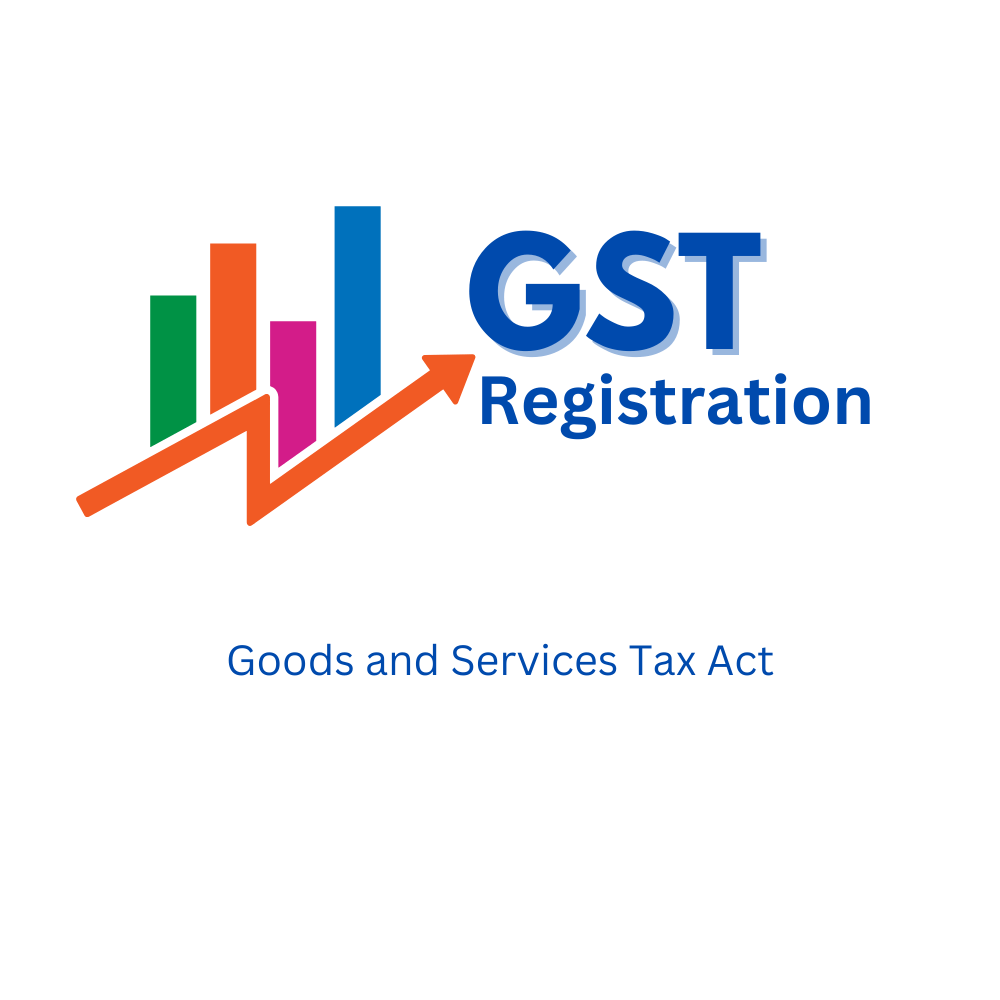Specialist Tips for Choosing the Best GST Registration Services in Singapore
Specialist Tips for Choosing the Best GST Registration Services in Singapore
Blog Article
Throughout: The Ultimate Roadmap to GST Registration for Organizations Seeking Financial Security
Browsing the intricacies of Goods and Solutions Tax (GST) registration is an important action for businesses pursuing financial stability. From recognizing the basic principles of GST to following post-registration standards, the process can seem daunting in the beginning glance. Nonetheless, damaging down the roadmap right into manageable steps can improve the enrollment trip for services aiming to enhance their financial standing. Allow's discover the essential elements that make up this ultimate roadmap and discover how each phase adds to laying a strong structure for economic success.
Comprehending GST Basics
Looking into the fundamental concepts of Product and Solutions Tax Obligation (GST) is essential for gaining a comprehensive understanding of its effects on organizations and the economy. GST is a value-added tax obligation imposed on many products and services for domestic intake. It has replaced several indirect taxes that existed in the pre-GST period, enhancing the tax structure and boosting simplicity of doing company in India. Under the GST system, both services and items are strained at a particular rate, which is determined based upon their classification. If their yearly turnover goes beyond the threshold restriction set by the federal government, services are needed to register for GST. Input Tax Credit Rating (ITC) is a substantial attribute of GST, permitting services to claim credit scores for taxes paid on inputs, minimizing the total tax obligation problem. Recognizing the essentials of GST is crucial for services to follow tax guidelines, manage their funds effectively, and add to the nation's financial development by participating in a clear tax obligation system.
Qualification Requirements for Registration
As of the current laws, the threshold limitation for GST enrollment is an annual aggregate turn over of 40 lakhs for organizations operating within a state, other than for special group states where the limit is 20 lakhs. Furthermore, certain services are needed to sign up for GST irrespective of their turnover, such as interstate distributors, laid-back taxed persons, and companies accountable to pay tax under the reverse cost system. It is essential for services to extensively examine their turn over and transaction types to determine their GST registration obligations precisely.
Papers Required for Registration
Having actually satisfied the eligibility standards for GST enrollment, companies should now guarantee they have the requisite files in area to proceed with the enrollment process successfully. The papers required for GST enrollment usually consist of evidence of business constitution, such as collaboration act, registration certificate, or incorporation certification for various types of companies. Additionally, services need to supply records developing the major place of service, such as a rental agreement or electrical energy bill.
Step-by-Step Enrollment Refine
Commencing the GST registration procedure involves a series of organized actions to ensure a compliant and seamless registration for businesses. The very first step is to visit the GST portal and submit the enrollment type with exact details of business entity. Following this, the applicant obtains a Temporary link Recommendation Number (TRN) which is made use of to return to the application procedure Recommended Site if it's not finished in one go.
Following, all needed files according to the list supplied by the GST portal demand to be uploaded. These files commonly consist of evidence of organization registration, address and identity proofs of promoters, financial declarations, and company entity's PAN card.

Post-Registration Conformity Standards

Final Thought
In final thought, businesses seeking economic security has to recognize the essentials of GST, satisfy qualification standards, collect required documents, adhere to the detailed enrollment process, and comply with post-registration guidelines - Best GST registration services in Singapore. By sticking to these steps, services can ensure conformity with tax policies and keep economic security in the future
Additionally, particular businesses are required to sign up for GST irrespective of their turnover, such as interstate vendors, laid-back taxed persons, and organizations accountable to pay tax obligation under the reverse charge mechanism.Having fulfilled the eligibility criteria for GST enrollment, organizations have to now guarantee they have the requisite files in area to continue with the enrollment process successfully. The files required for GST registration generally consist of proof of organization constitution, such as partnership act, registration certification, or consolidation certification for various types of organizations. Furthermore, organizations require to give papers developing the principal location of business, such as a rental arrangement or power bill.Beginning the GST enrollment process entails a series of organized steps to make sure a compliant and smooth registration for services.
Report this page